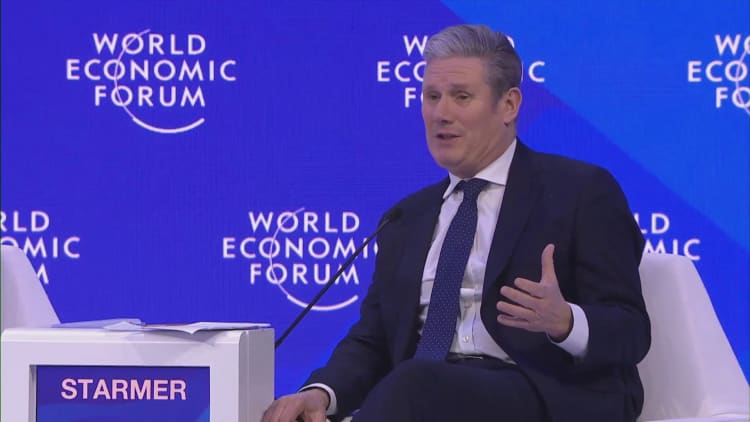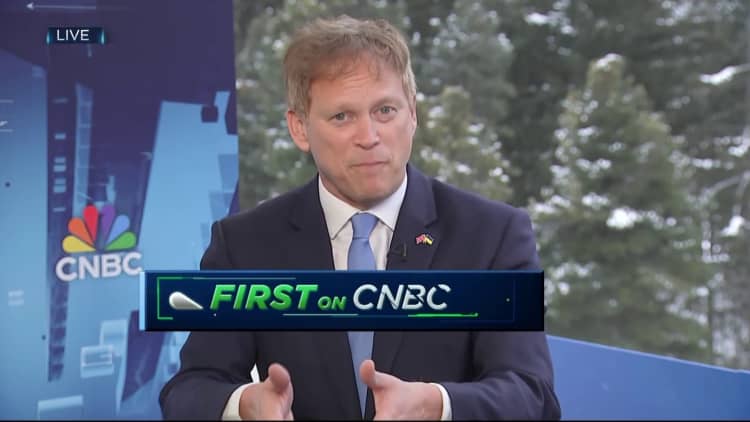[ad_1]
COVENTRY, U.K. – Dec. 21, 2022: Unite union general secretary Sharon Graham (centre), joins ambulance workers on the picket line outside ambulance headquarters in Coventry. On Friday, Jan. 20, Unite announced a further 10 days of strikes as a dispute between the government and ambulance escalated.
Jacob King/PA Images via Getty Images
LONDON — One of the U.K.’s largest unions on Friday announced 10 further days of strike action over the coming weeks, as a standoff between the government and ambulance workers intensifies.
More than 2,600 ambulance workers in Wales and the West Midlands, North West, North East and East Midlands of England are already set to walk out on Monday as part of an ongoing dispute over pay and staffing.
The newly announced strikes will affect the North West (Feb. 6, 22 and March 20), North East (Feb. 6, 20 and March 6, 20), East Midlands (Feb. 6, 20 and March 6, 20), West Midlands (Feb. 6, 17 and March 6, 20), Wales (Feb. 6, 20 and March 6, 20) and Northern Ireland (Jan. 26 and Feb. 16, 17, 23 and 24).
Further ballots are currently held at four other ambulance trusts that could potentially join the dispute later next month, the union said.

“Rather than act to protect the NHS and negotiate an end to the dispute, the government has disgracefully chosen to demonise ambulance workers. Ministers are deliberately misleading the public about the life and limb cover and who is to blame for excessive deaths,” Unite General Secretary Sharon Graham said.
“Our members faithfully provide life and limb cover on strike days and it’s not the unions who are not providing minimum service levels: it’s this government’s disastrous handling of the NHS that has brought it to breaking point.”
The union said that its representatives would be working at a regional level to ensure that emergency life and limb cover will be available during the strikes, while patients in need of life-saving treatment will still be transported to appointments.
Prime Minister Rishi Sunak’s government has introduced contentious anti-strike legislation to “enforce minimum service levels” across key public services, in a move that unions have lambasted as an attack on worker rights.

The legislation would force some employees to work during a strike. Government ministers have publicly accused ambulance workers of endangering lives by taking industrial action, prompting a widespread backlash from unions and political opponents.
Unite National Lead Officer Onay Kasab said that a resolution was “in the government’s hands,” and the dispute would only end when the U.K. leadership enters “proper negotiations” over pay.
“The government’s constant attempts to kick the can down the road and its talk about one off payments, or slightly increased pay awards in the future, is simply not sufficient to resolve this dispute,” Kasab said.
Members of the Royal College of Nursing and ambulance workers, who are part of the GMB union, are also striking on Feb. 6. The GMB has scheduled further action for Feb. 20, March 6 and March 20.
[ad_2]
